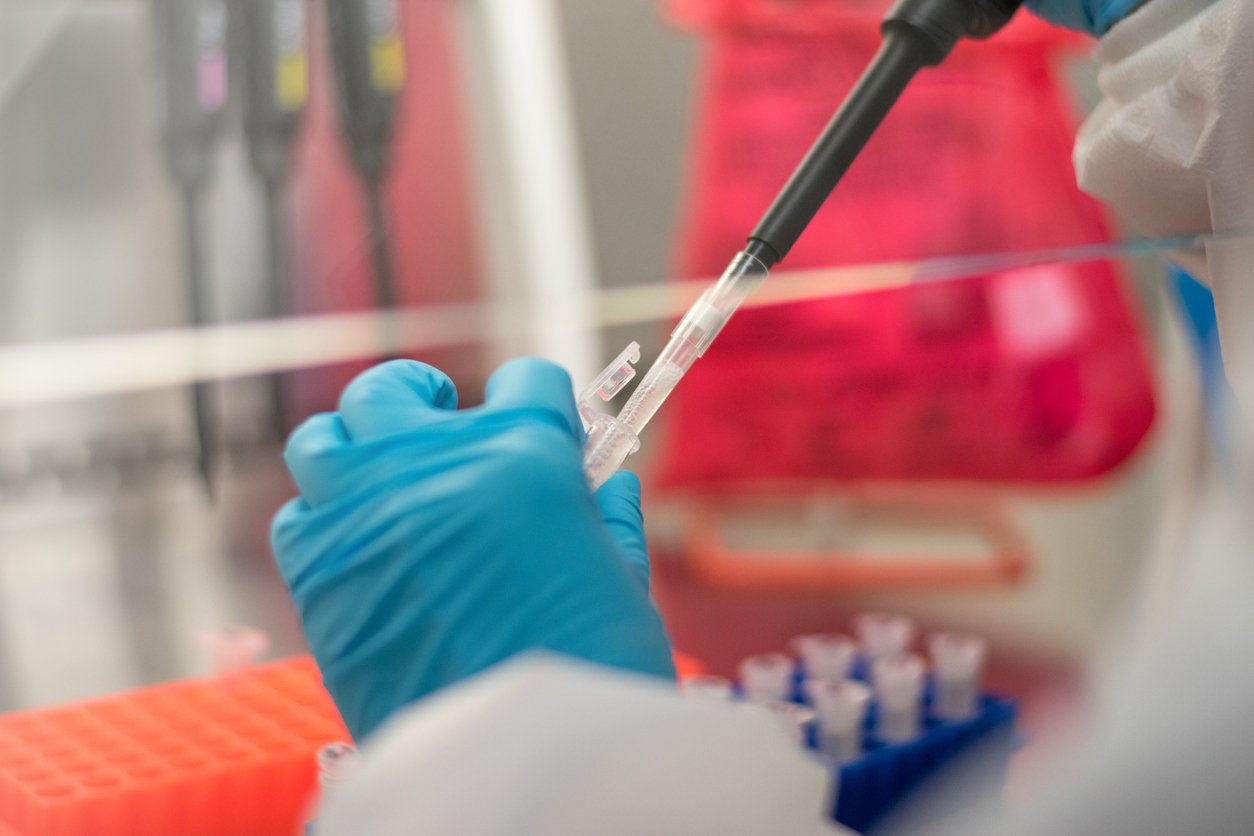Slight Covid-19 hope for HIV, TB patients on treatment
There was some speculative hope that existing ARV treatments might have a positive effect on the development of the Covid-19 disease.

Picture: iStock
South Africa has a particularly high burden of patients with both HIV and tuberculosis (TB), with about 60% of TB patients also HIV-positive. The coronavirus is likely to be particularly concerning for this group, but existing treatments could offer unexpected hope.
While experts caution the Sars-CoV-2 virus and its resulting Covid-19 disease have not been fully researched and understood yet, speculation based on other viruses indicated HIV and TB patients may have a higher risk of developing severe disease and possibly poor outcomes.
In terms of contracting the virus, HIV and TB patients were likely to be vulnerable in the same way as those with other underlying health issues were.
Dr Denis Chopera, programme executive manager for the Sub-Saharan African Network for TB/ HIV Research Excellence said this was “because they have a compromised immune system, so their body’s defence is weaker”.
This risk would likely be mitigated somewhat in patients already on TB or HIV treatment, such as antiretroviral therapy (ART).
Once contracted, there was, however, a risk of the disease becoming very severe.
Professor Nazir Ismail of the National Institute for Communicable Diseases used what is known about the influenza virus as a possible indicator.
He said: “Evidence suggests people with active TB who are infected with influenza may have more severe illness and indications are that a dual infection increases risk.”
HIV patients, including those on ARTs but especially those not on treatment, “are at higher risk of developing serious health complications and possibly death following influenza infection”.
The concern extended to how likely patients were to pass on the disease.
Ismail said: “Since both Covid-19 and TB are transmitted through respiratory secretions, there is the possibility symptomatic individuals with both Covid-19 and TB may transmit TB or Covid-19 more readily.”
This amplified the need for preventative measures, but Ismail recommended those at risk of HIV and/or TB should be very careful. This included testing and consistent treatment.
There was some speculative hope existing treatments might have a positive effect on the development of the Covid-19 disease.
Ismail said: “Early reports indicate some antiviral agents used to treat HIV have an effect on Sars-CoV-2.” He cautioned this was experimental and still had to be clinically proven.
Chopera said: “It makes scientific sense to assume at least some of the broad spectrum antiretrovirals might at least minimise the negative effects of the virus.”
He explained that HIV and Sars-CoV-2 have “some common mechanisms they use in their replication cycles”.
For instance, one common class of ARTs inhibits an enzyme called protease, blocking the process of the virus being assembled and synthesised.
“The assumption would be that class of antiretrovirals would also be effective at blocking the protease functions of coronavirus.”
This would not prevent or cure the virus, but might hold back some severe effects. While this speculation could not be applied yet, it was something researchers were observing.
The SA Medical Research Council said SA “may face a protracted coronavirus outbreak” in light of its high HIV and TB burden of disease, and it was making research funding available.
– news@citizen.co.za
For more news your way, download The Citizen’s app for iOS and Android.







